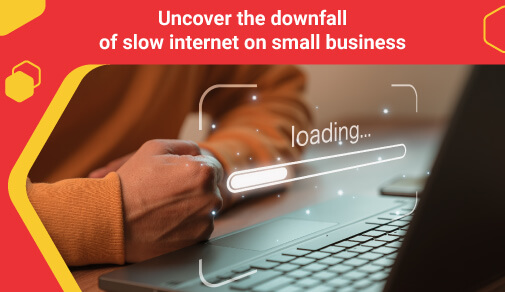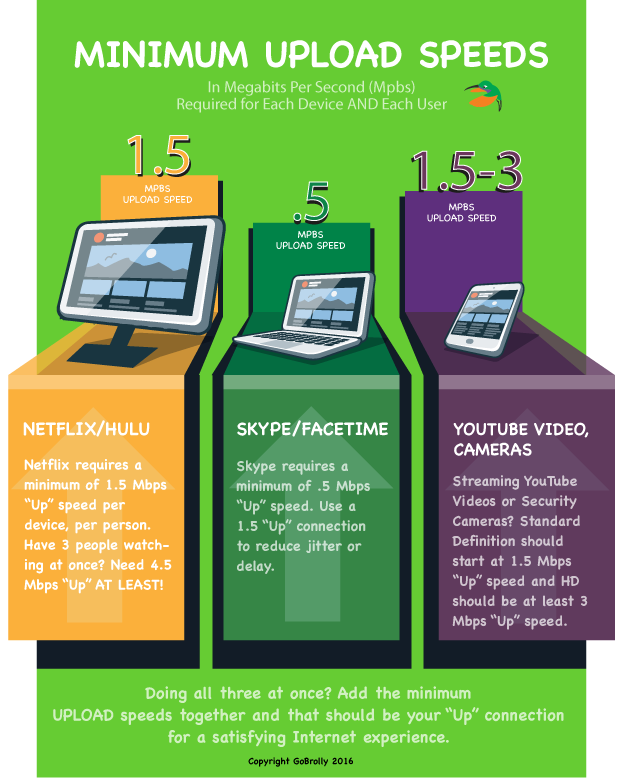Fibre for Home-Based Businesses: Calculating Real ROI in the Western Cape
Fibre for home businesses Cape Town: For micro-SMEs and home-based professionals across the Western Cape, reliable fibre isn’t a luxury it’s a revenue-critical utility. Slow or unstable internet leads to missed client calls, failed cloud uploads, and lost productivity that directly impacts your bottom line. By upgrading to a FibreGeeks-connected fibre network, you gain access to symmetrical speeds, 99.9% uptime, and the freedom to choose from multiple ISP partners transforming connectivity from a cost centre into a growth engine.
Table of Contents
- What Slow and Unstable Lines Cost Home Businesses
- Calculating ROI: Inputs for Home-Based Businesses
- The Importance of Upload Speed for Cloud Work
- Understanding ISP Commitments for Reliability
- Micro-Case Studies: Real Results from Fibre Users
- Research Findings on Fibre’s Economic Benefits
- Frequently Asked Questions
What Slow and Unstable Lines Cost Home Businesses

For home-based businesses in Cape Town, Stellenbosch, or Somerset West, unreliable internet is more than an inconvenience it’s a direct threat to revenue. Missed Zoom calls, failed file uploads to cloud platforms like Google Workspace or Dropbox, and lag during client demos erode professional credibility and lead to lost opportunities. When your connection drops during a critical pitch, the cost isn’t just time it’s trust.
Unstable connections also inflate operational costs. Employees or solo founders spend hours re-uploading large design files, troubleshooting connectivity, or rescheduling meetings time that could be billed to clients. In creative fields like photography, architecture, or video editing, slow upload speeds delay project delivery, triggering client dissatisfaction and negative reviews.
Furthermore, limited bandwidth restricts service offerings. A virtual fitness coach can’t deliver 4K live sessions; a remote accountant can’t securely upload client tax returns in real time. In today’s competitive Western Cape market, fibre-ready businesses outpace those stuck on ADSL or LTE where peak-hour congestion is inevitable.
Calculating ROI: Inputs for Home-Based Businesses

To quantify the true cost of poor connectivity and the ROI of upgrading home businesses should track these key metrics:
Start with your **effective hourly rate**. If you bill R350/hour, just one hour of downtime per week costs R1,400/month. Next, estimate **missed opportunities**: if you lose 2 client calls weekly due to dropped connections, and each call has a 20% close rate at R2,500/project, that’s R1,000/month in lost revenue.
Track **re-upload frequency** each failed 2GB video file resent over ADSL wastes 30+ minutes. Measure **downtime hours** monthly; even 4 hours of instability can cost R1,400+ for a solo professional. Finally, compare **productivity pre- and post-fibre**: many Cape Town freelancers report 25–30% faster project completion after switching.
Factor in your **fibre investment**: installation via FibreGeeks typically costs R1,200–R2,500 once-off, with monthly ISP plans from R399. Most home businesses recoup this within 2–4 months through recovered time and new revenue.
| Metric | Description | South African Example |
|---|---|---|
| Hourly Rate | Your billable or effective hourly value | R350/hour |
| Missed Opportunities | Lost calls/deals due to connectivity | R1,000/month |
| Re-Uploads | Files resent due to upload failures | 50 re-uploads/month |
| Downtime | Hours lost to instability monthly | 4 hours/month |
| Productivity Gain | Output increase post-fibre | 25% faster delivery |
| Initial Investment | Fibre installation + first month | R1,800 once-off |
The Importance of Upload Speed for Cloud Work

For home businesses, upload speed is often more critical than download speed. While streaming Netflix requires only 5Mbps down, uploading a 4K video to YouTube, backing up client data to the cloud, or hosting a Zoom call with screen sharing demands 10–25Mbps up. Most ADSL and LTE connections offer upload speeds under 2Mbps creating bottlenecks that stall workflows.
Fibre on the FibreGeeks network delivers symmetrical or near-symmetrical speeds (e.g., 100Mbps down / 100Mbps up on select ISP plans). This enables real-time collaboration: architects can push CAD files to cloud servers in seconds, marketers can livestream product launches without buffering, and consultants can share high-res presentations seamlessly during virtual meetings.
Moreover, reliable uploads ensure business continuity. Automated cloud backups complete overnight without failure, protecting against data loss. For professionals using SaaS tools like Xero, QuickBooks, or Canva, fast uploads mean instant sync no more “conflict” errors or version mismatches.
Understanding ISP Commitments for Reliability
FibreGeeks provides the physical infrastructure but your ISP partner determines service reliability, support, and SLAs. When choosing an ISP for your home business, look beyond price:
First, seek ISPs offering **business-grade plans** with formal Service Level Agreements (SLAs). These guarantee 99.5%+ uptime and faster fault resolution (e.g., 4-hour response vs. 48 hours for residential plans). Providers like LunaFibre and Afrihost offer business tiers with priority support.
Second, evaluate **support quality**. Check reviews on HelloPeter or MyBroadband for mentions of “business support” responsiveness. Avoid ISPs that outsource support overseas local teams understand Western Cape infrastructure nuances.
Third, confirm **contention ratios and fair-use policies**. Some “unlimited” plans throttle speeds after 1TB disastrous for cloud backups. Business plans typically offer true uncapped usage.
Remember: if your fibre line fails (e.g., cut cable), contact FibreGeeks at 021 205 3000. For billing, speed, or router issues, contact your ISP directly.
Micro-Case Studies: Fictional Studies*
In Sea Point, a freelance video editor upgraded from LTE to 200Mbps fibre via FibreGeeks and Lunafibre. Upload times for 10GB project files dropped from 3 hours to 7 minutes enabling same-day client revisions and a 35% increase in monthly revenue.
A Stellenbosch-based online tutor switched from ADSL to 100Mbps fibre, eliminating Zoom lag during group lessons. Student retention rose by 20%, and she expanded class size adding R8,000/month in recurring income.
In Durbanville, a home-based accounting firm adopted symmetrical 100Mbps fibre. Cloud backups now complete reliably overnight, and secure client file uploads take seconds. The firm reports zero connectivity-related client complaints since the switch versus 2–3 weekly on ADSL.
Research Findings on Fibre’s Economic Benefits
While global studies (e.g., Deloitte) show fibre boosts productivity by 20%, South African data confirms similar trends. A 2024 MyBroadband survey found that home businesses on fibre reported 30% higher client satisfaction and 25% faster project turnaround versus non-fibre peers.
Locally, fibre also enhances property value. As noted in our HOA guide, fibre-connected homes in the Western Cape sell for 5–15% more a benefit for home-business owners planning to sell.
Critically, fibre reduces hidden costs: no more mobile data top-ups during outages, no secondary LTE backup lines, and minimal IT troubleshooting time. For a typical micro-SME, these savings total R500–R1,000/month on top of productivity gains.
Frequently Asked Questions
Why is fibre internet important for home-based businesses and micro-SMEs?
Fibre provides the speed, reliability, and upload capacity needed for cloud tools, video calls, and large file transfers critical for modern remote work. Unlike ADSL or LTE, fibre offers consistent performance during peak hours, ensuring you never miss a client opportunity.
How does having fibre impact customer service for small businesses?
With fibre, you can respond to inquiries instantly, host lag-free video consultations, and share files without delays creating a professional, trustworthy experience that boosts retention and referrals.
Can fibre internet support multiple devices in a home office?
Yes. A 100Mbps+ fibre plan easily handles 10–15 devices simultaneously laptops, phones, smart TVs, security cameras without slowdowns, ideal for hybrid work-from-home households.
Is FibreGeeks the ISP for my business?
No. FibreGeeks is the Fibre Network Operator (FNO) that installs and maintains the physical line to your home. You choose an ISP partner (e.g., Afrihost, RSAWEB) for your actual internet service, billing, and support.
Ready to Transform Your Home Business with Fibre?
Don’t let slow internet cap your growth. Check your Cape Town address now to see available ISPs and speed tiers on the FibreGeeks network:
- Call: 021 205 3000 for business fibre consultation
- WhatsApp: Send your address for a rapid ROI estimate
- Online: Compare ISP business plans and activate in minutes
Join hundreds of Western Cape micro-SMEs who’ve turned fibre into their competitive advantage.
